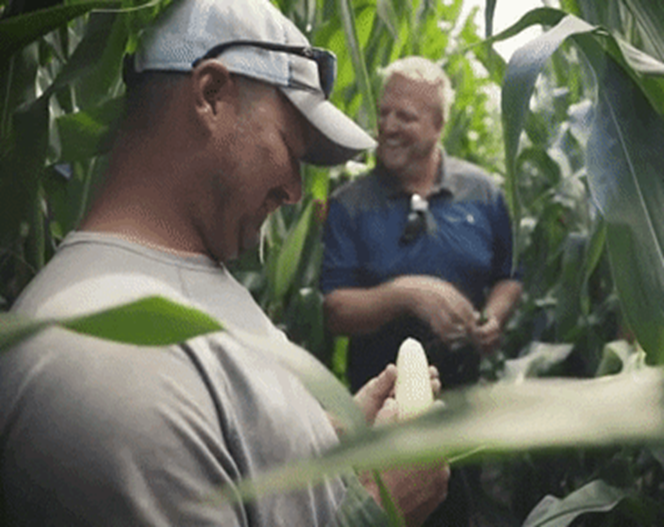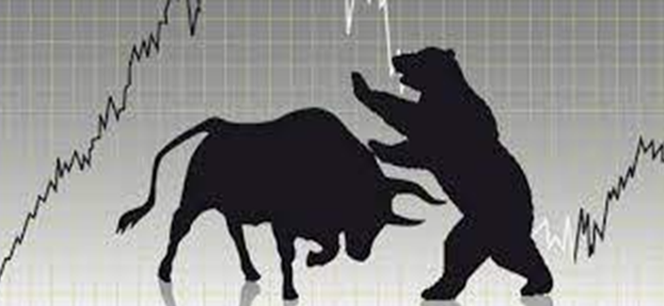Futures Contracts
WHO BUYS AND SELLS FUTURES CONTRACTS?
Hedgers can be producers that want to lock in the selling price of the commodity now that they will deliver later.

01
A Corn Farmer Plants His Crop in the Spring
02
The Farmer Sets a Price Target Based on His Costs
03
Farmer is Concerned That Corn Prices Will Not Cover Costs
04
Farmer Sells a Futures Contract to Reduce Risk
05
The Futures Contract Hedges Against Risk
Hedgers can also be consumers that want to lock in the purchase price of a commodity.

01
A Food Manufacturer Plans to Buy in the Future
The cost of corn is a critical component of their profit and loss profile.
02
Manufacturer Sets a Budget for Their Ingredients
Based on all their expected costs, the manufacturer determines the price they’d like to pay for the commodity.
03
Manufacturer is Concerned That Corn Prices Will Hurt Profits
The manufacturer is concerned that corn prices will go up and he will not be able to meet their profit goals.
04
Manufacturer Sells a Futures Contract to Reduce Risk
The manufacturer buys a futures contract to lock in the purchase price of the corn that they will need in the future.
05
The Futures Contract Hedges Against Risk
When it is time to buy and the price of corn rises, they will see an increase in cost. However, this is offset by a trading gain from the futures market.
Speculators (like SpreadEdge) buy and sell contracts with the intent of making a profit from the price change.

01
SpreadEdge Identifies a Historical Trend
Identifies thousands of spread combinations to determine those with highest profit potential.
02
The Spread Price is Compared to Historical Patterns
Current commodity process are
compared to historical patterns to ensure market is trading normally.
03
The Spread Trade is Opened on A Specific Day
Based on the historical profitability over the past 15 years, a specific day to initiate the trade is determined.
04
The Trade is Monitored
The end-of-day closing prices are monitored to determine is profit taking or stop management is needed.
05
The Spread Trade is Closed on a Specific Day
The spread trade is closed on the initially specified day based on the past 15-years of historical data.
Hedgers
✔ Hedging is a type of insurance to protect against unforeseen
losses
✔ Hedgers are generally not expecting to make a profit
✔ Hedgers have every intention to deliver or take delivery of
the commodity
Speculators
✔ Speculators assume a business risk in the hope of making a gain.
✔ Speculators initiate trades with the sole intent of profiting.
✔ Speculators will close their contracts prior to the final
trading day.
TRADING FUTURES INVOLVES SUBSTANTIAL RISK OF LOSS AND IS NOT SUITABLE FOR ALL INVESTORS. PAST PERFORMANCE IS NOT NECESSARILY INDICATIVE OF FUTURE RESULTS. THERE ARE NO GUARANTEES OF PROFIT NO MATTER WHO IS MANAGING YOUR ACCOUNT.
